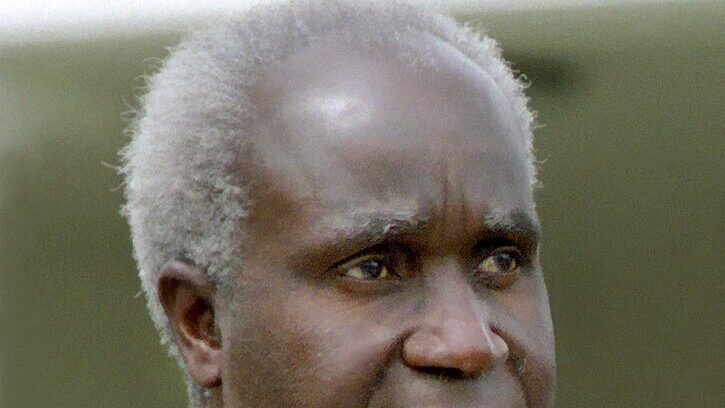By Wonderful Mkutche
Lusaka, Zambia — In the 1960s, the era of the Cold War and African independence, most African leaders found themselves in a political quagmire.
The choice was not just between East and West, as historians commonly claim.
There was a third option – the African way as demonstrated by Kenneth Kaunda of Zambia —affectionately known as ‘KK’ — through his discourse on African humanism.

The idea and ideals of humanism predate colonialism in Africa, enshrined in what is now commonly known as Ubuntu — “I am because we are”.
The African communal way of life secured our well-being for centuries until the coming of colonialism greatly changed the continent’s economic and political arrangements.
Colonial structures persisted in independent Africa, exacerbated by the principles of the free market which were forced upon most African countries at the end of the Cold War (November 1989) and the dawn of multiparty democracy in the early 1990s, including in Malawi.
Foreign influence
Although KK was thinking for his own times, the idea of African humanism remains relevant in modern Africa, especially as the continent remains of great interest to the global superpowers.
It is an open secret that Africa is endowed with vast natural resources—minerals, petroleum, and land.
These resources have been at the centre of our dreadful past in form of the slave trade as well as colonialism.
So we are now oscillating between egalitarianism and social democracy.
A great balance is being struck between our traditional African communal ways and a globalized free market economy.
The intertwinement of history has derailed the continent, not only economically and politically, but also ideologically.
Africa has long been the playground of foreign political, economic and religious ideology.
In a nutshell, KK’s African humanism pursued (Western) socialist and Christian ideals.
This required the state to invest in everyone’s welfare to enhance the progress of all.
It was the exact opposite of a capitalism that defined social progress in terms of individual success.
Egalitarianism or capitalism
But KK was thinking through his background.
He was the son of an emigrant Malawian presbyterian pastor who raised his family in Zambia with both Christian and traditional African values.
Taking over a country that had vast copper deposits, KK wanted to invest the gains from this resource in his people.
But his endeavour was disrupted by the Western-led neoliberal public sector reforms from the 1980s, and also by the lack of a convinced commitment in the implementors on his policies.
Consequently, an African economy ‘lost’ in neoliberal economic policies has resulted in a capitalist democracy which serves the rich and the multinational corporations, and not the African people themselves.
Going forward, this is the greatest change that we must bring about as Africans.
We need a democracy built on a communal economic approach in the name of egalitarianism and social responsibility.
Democracy and economic progress
This must be how we progress: re-investing natural wealth in the people to better their economic welfare while pursuing social equality in terms of gender, race, and religion.
The biting poverty across the continent has led many to question the essence of democracy with some touting strongman politics as the quickest way of getting things done.
But the idea of communal life, no longer in a literal sense, but made real in suitable political and economic approaches, can be a universal solution to the prevailing poverty in our dear continent.
However, Africa’s greatest need is for economic and political ideologies that can respond to our real lives—as KK advocated.
This is how we can also best advance democracy in Africa.
After all, surveys have consistently shown that democracy is a popular system of government across the continent.
But what use is democracy if people do not have economic freedom?
The creation and redistribution of wealth must be prioritized.
But the free market should not be given the central responsibility for this.
The state, in pursuing our best interests, must provide the lead in creating an economic and political community—and a humanity—where individuals only succeed when others do as well.
For at the core of our African existence we are humanists as well as democrats.